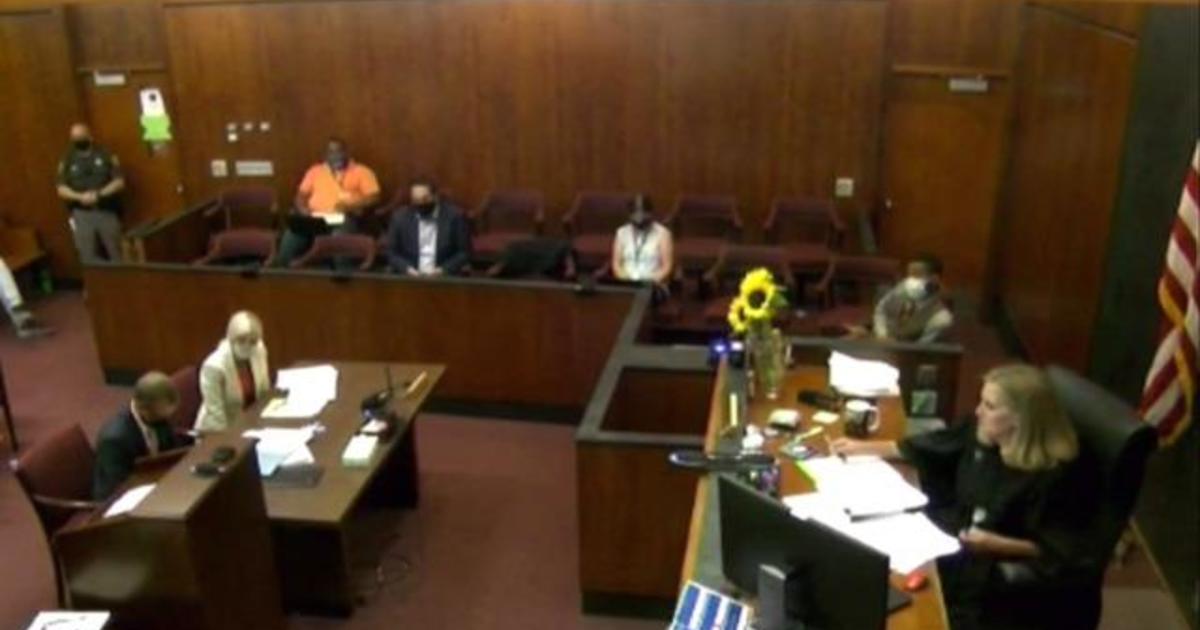A Michigan judge, who has been criticized for placing a 15-year-old Black girl in a juvenile facility after she failed to do her schoolwork, denied the girl’s request Monday for an early release. The girl, being called Grace to protect her identity, was placed in detention in May.
Not doing her homework was a violation of her probation, stemming from a physical altercation with her mother last fall and for stealing a student’s property, as first reported by ProPublica.
Oakland County Judge Mary Ellen Brennan said Grace was a danger to her mother.
“This is not an easy decision to make,” Brennan said at the teen’s hearing. “How many times does she get to jump her mom before you think that she’s a threat of harm to her mom? How many times?”
The defense pointed out that many students struggled with virtual learning especially for students like Grace, who has ADHD and is on a special education plan.
“The struggle of a student experiencing disabilities in time of COVID — it was recognized by the school,” said Saima Khalil.
Khalil and Jonathan Biernat represent Grace and told Brennan the teen should be home with her mother.
Grace is doing well in the program she’s in right now, according to her caseworker. But, Biernat told CBS News correspondent Adriana Diaz that “the services she can get at home are far superior than the ones provided by Oakland County.”
Brennan said Grace’s mother repeatedly called a caseworker for help.
“There is no point where my client or the mother was saying, yeah, take my kid away from me and throw her in detention,” Khalil said.
In the courtroom, Grace pleaded her case.
“I believe that this challenge has specifically brought my mother and I finally back together,” she said.
Brennan told Grace, “You’re exactly where you’re supposed to be. You’re blooming there, but there’s more work to be done.”
After the hearing, Grace cried and embraced her mother.
Jason Smith, a director with the Michigan Center for Youth Justice, said Grace needs support, not punishment.
“It’s frustrating that instead of trying to figure out a way that she can get additional support … the first step that the judge took was to incarcerate her,” Smith said.
The court issued a statement defending the judge’s decision saying in part “these decisions do not reflect one event or one bit of information, but rather an extensive review of a juvenile’s case file.”
Prosecutors have until Friday to respond to a motion from Grace’s lawyers to reconsider the probation violation ruling. If Grace has to complete her current program, she’ll have to remain in juvenile detention for about three and a half more months.
